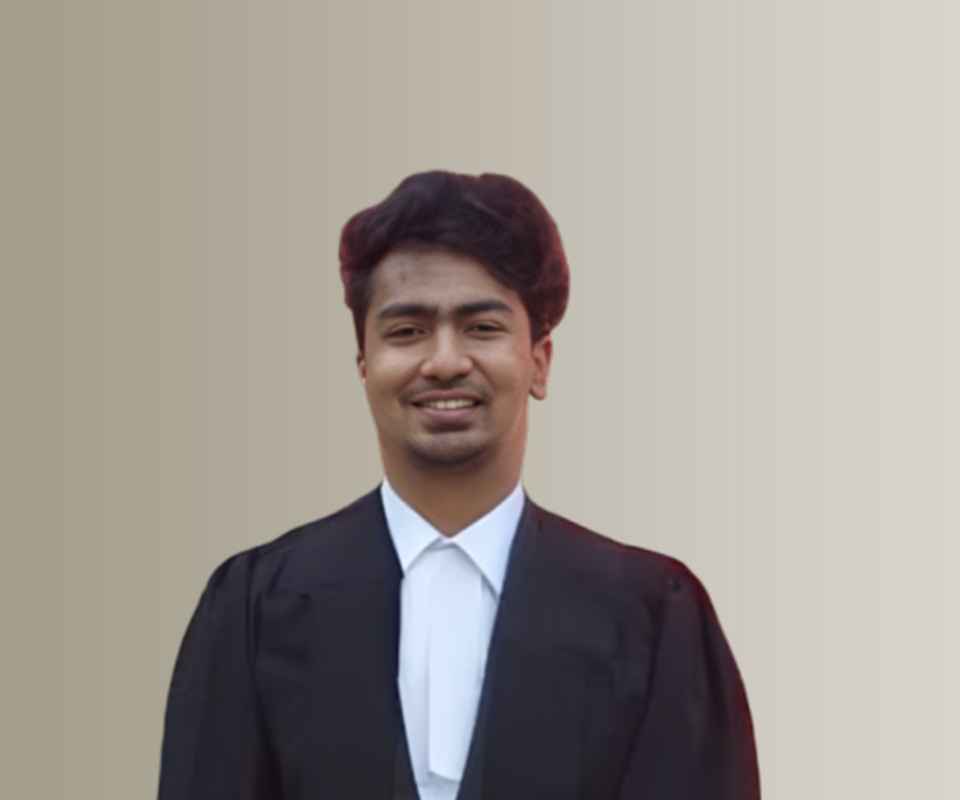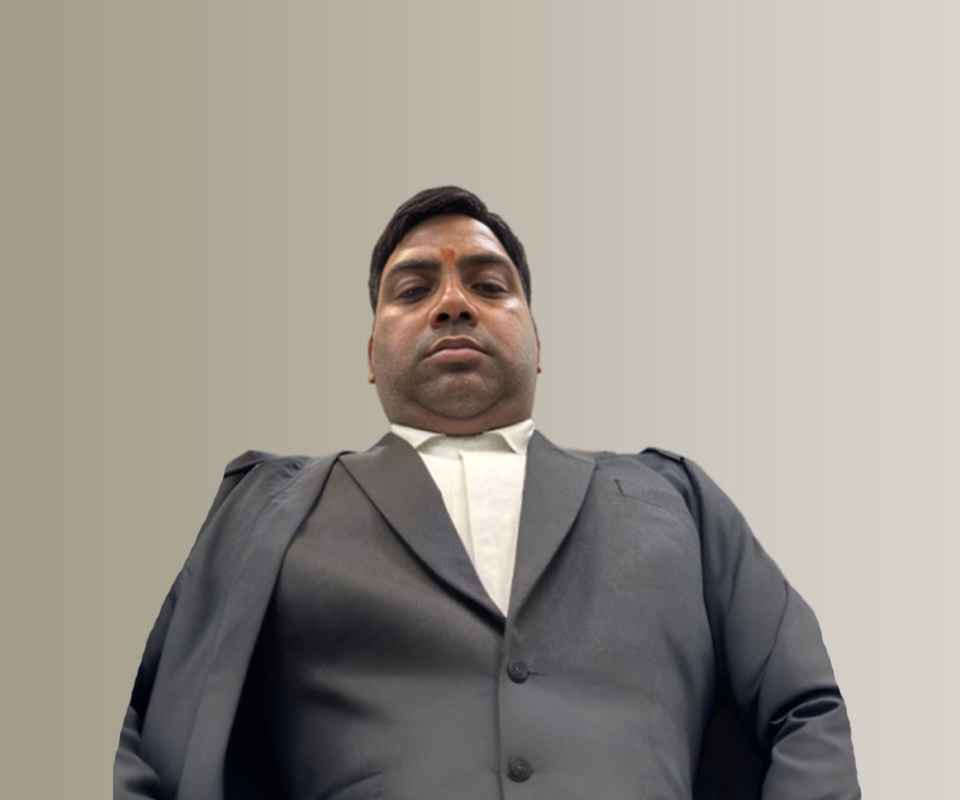Answer By law4u team
Constitution Of India Article 101: Vacation of Seats
(1) No person shall be a member of both Houses of Parliament and provision shall be made by Parliament by law for the vacation by a person who is chosen a member of both Houses of his seat in one House or the other.
(2) No person shall be a member both of Parliament and of a House of the Legislature of a State1***, and if a person is chosen a member both of Parliament and of a House of the Legislature of2 [a State], then, at the expiration of such period as may be specified in rules* made by the President, that person’s seat in Parliament shall become vacant, unless he has previously resigned his seat in the Legislature of the State.
(3) If a member of either House of Parliament—
- (a) becomes subject to any of the disqualifications mentioned in 3[clause (1) or clause (2) of article 102], or
- (b) 4resigns his seat by writing under his hand addressed to the Chairman or the Speaker, as the case may be, and his resignation is accepted by the Chairman or the Speaker, as the case may be,
his seat shall thereupon become vacant: 5[Provided that in the case of any resignation referred to in sub-clause (b), if from information received or otherwise and after making such inquiry as he thinks fit, the Chairman or the Speaker, as the case may be, is satisfied that such resignation is not voluntary or genuine, he shall not accept such resignation.]
(4) If for a period of sixty days a member of either House of Parliament is without permission of the House absent from all meetings thereof, the House may declare his seat vacant: Provided that in computing the said period of sixty days no account shall be taken of any period during which the House is prorogued or is adjourned for more than four consecutive days
NOTE
1 The words and letters specified in Part A or Part B of the First Schedule omitted by the Constitution (Seventh Amendment) Act, 1956, s. 29 and Sch. (w.e.f. 1-11-1956).
2 Subs. by s. 29 and Sch., ibid., for such a State (w.e.f. 1-11-1956).
* See the Prohibition of Simultaneous Membership Rules, 1950, published with the Ministry of Law, notification No. F. 46/50-C, dated the 26th January, 1950, Gazette of India, Extraordinary, P. 678.
3 Subs. by the Constitution (Fifty-second Amendment) Act, 1985, s. 2, for clause (1) of article 102 (w.e.f. 1-3-1985).
4 Subs. by the Constitution (Thirty-third Amendment) Act, 1974, s. 2 (w.e.f. 19-5-1974).
5 Ins. by s.2, ibid. (w.e.f. 19-5-1974).
Brief Detail
Article 101 prevents dual membership to ensure the separation of responsibilities between the two Houses of Parliament or between Parliament and the State Legislature. It mandates that a person must vacate one of the positions if elected to both, thereby maintaining accountability and avoiding conflicts of interest.
Question & Answers
What does Article 101(1) state?
It states that no person can simultaneously hold membership in both the Lok Sabha and the Rajya Sabha. Parliament must enact a law to manage the process of vacating one of the seats.
What happens if a person is elected to both Parliament and a State Legislature?
If someone is elected to both Parliament and a State Legislature, they must resign from one position within a period specified by rules made by the President. Otherwise, their seat in Parliament will automatically become vacant.
Example
For instance, if an individual is elected as a Member of Parliament (MP) from the Lok Sabha and is also elected to the Rajya Sabha, they must vacate one seat. Similarly, if an MP is elected to a State Legislative Assembly, they must resign from one of the positions to avoid dual membership.
Summary
Article 101 ensures that no individual holds dual memberships in Parliament or between Parliament and State Legislatures. This provision helps maintain focus and accountability for elected representatives.







